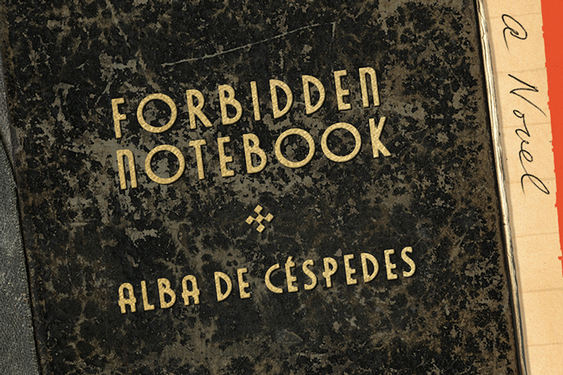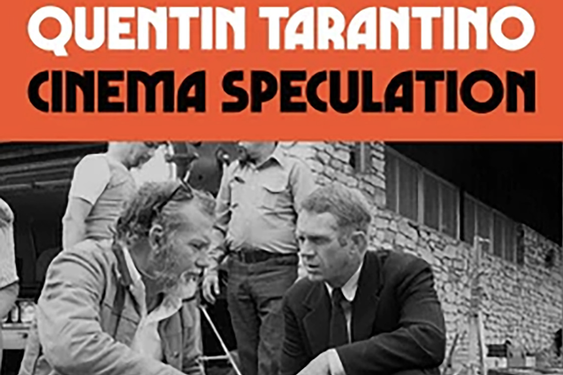“If you need this book,” Carmen Maria Machado writes on the dedication page of her new memoir, “In the Dream House,” “it is for you.”
For Machado, author of the acclaimed 2017 short-story collection, “Her Body and Other Parties,” the “dream house” of the book was a nightmare: a nondescript home in Indiana where she lived for a time with the woman she loved, in a psychologically abusive relationship. It’s a book full of gorgeous writing — summer heat is described as “an animal that won’t climb off” — and harrowing memories.
“There is something desperate about the house; like a ghost is trying to make itself known but can’t,” Machado wrote, “and so it just flops facedown into the carpet, wheezing and smelling like mold.”
Machado said in a telephone interview earlier this month that writing the book was a deeply painful revisit to a difficult period in her life — but it was, she felt, a story that needed to be told.
“There was a real lack of nonfiction about queer partner violence,” Machado said. “That was something that was very important for me to talk about — a thing that was missing that needed to not be missing.”
“In the Dream House,” however, is not a straightforward memoir; instead, it is a haunting and wildly creative collage of dozens of essay-like chapters — some of them as short as a single sentence — that examine Machado’s story through a variety of lenses. Chapter headings tell us what genre that chapter will be. To name just a few: “Dream House as Choose Your Own Adventure” walks the reader through interactions between Machado and her lover (who is never named in the book; always just “she”), none of which can end well. “Dream House as Queer Villainy” examines “the problem and pleasure and audacity” of queer villains in film and television.
“Dream House as Epiphany” is searingly brief: “Most types of domestic abuse are completely legal.” And in “Dream House as Omen,” Machado’s lover, after a frightening episode of anger, leans in close and says, “You’re not allowed to write about this. Don’t you ever write about this.” At the time, Machado nodded. “Fear makes liars of us all,” she wrote.
Though it took her some time to begin to form the book, “I always knew that this was the way I wanted to do it,” said Machado, of her inventive structure. “Genre is a way in which I interrogate, a way for me to enter the story.” She spent time researching the history of abuse in queer relationships, studying motifs in folk literature and myth and figuring out how to confront painful memories.
And from the beginning, she knew she wanted to write much of it in second person, with the passages retelling her time with her lover using “you” instead of “I.” “Your female crushes were always floating past you, out of reach,” she wrote in an early section, “but she touches your arm and looks directly at you and you feel like a child buying something with her own money for the first time.”
“I actually didn’t realize I had done it until my editor pointed it out,” Machado said. He urged her to think it through carefully, asking if she was doing it intentionally to distance herself from the material. So she “went back and fussed with it a bit. I tried putting it in first person, but that didn’t work. I realized [second person] was working for this piece — it was like a conversation with a past self.”
In the time since the events of “In the Dream House” (part of which was written at the Hedgebrook writing community on Whidbey Island), Machado’s life has changed dramatically: She’s received a Guggenheim Fellowship, has become a writer in residence at the University of Pennsylvania in Philadelphia and is now happily married, to a woman whom Machado calls, in the book’s acknowledgments, “my plot twist, my fate, my fairy-tale ending.” She’s writing a comic-book series for DC Comics, “The Low, Low Woods” (“it’s really lovely, a totally different kind of writing process, very collaborative”), and has several other writing projects in the hopper.
But as she makes public appearances for “In the Dream House,” Machado said she’s struck by how so many people, “all kinds of folks, not just queer women,” are coming up to her to share how the book spoke to them. Writing the book, she said, wasn’t particularly healing — “it reminded me of how much healing I still had to go” — but it has resonated with readers.
You leave “In the Dream House” dazzled by Machado’s artful inventiveness, and haunted by her hard-won wisdom. I particularly lingered over a passage in which the author reminds us “that abusers do not need to be, and rarely are, cackling maniacs. They just need to want something and not care how they get it.”
———
©2020 The Seattle Times
Visit The Seattle Times at www.seattletimes.com
Distributed by Tribune Content Agency, LLC.



